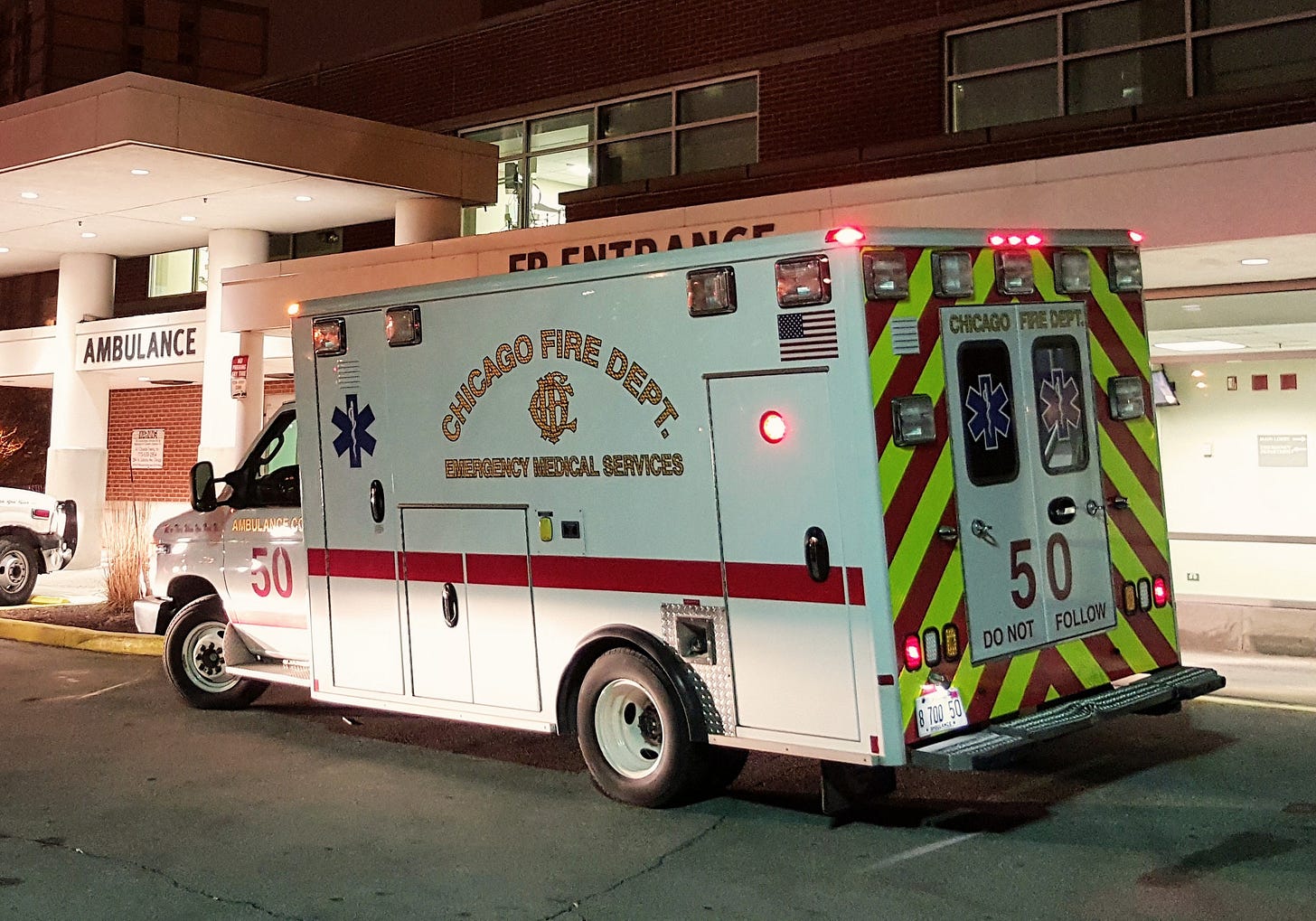Expanded child tax credit passes in the House
The expanded child tax credit deserves bipartisan support. This week, it finally got that support in the House of Representatives.
This week, the House of Representatives passed an expansion of the Child Tax Credit in a rare bipartisan vote in the sharply and narrowly divided body.
We have covered this issue before, taking to task those in Congress who seemed unwilling or unable to come together to reinstate the pandemic-era program that cut child poverty in half.
Most of the CTC enhancements would benefit working class families, who would be able to take advantage of more of the credit. The deal would raise the maximum refundable credit for families who owe little or nothing in income taxes.
Those families with lower incomes who have more than one child would get the same credit for each child, a benefit higher income families already receive.
Also, those who have more variable incomes would be able to choose whether to base the credit on their current or prior year salary.
Starting this year, the credit would be adjusted for inflation, a change which is expected to increase the top credit to $2,100 per child in 2025, up from $2,000 under current tax law.
The new provisions would start with tax year 2023 and last through tax year 2025.
As with previous fights over the child tax credit, detractors of the bill claimed the provisions would result in disincentivizing work. However, the pandemic-era expanded CTC did not produce this effect.
Proponents of the current bill stressed that minimum income thresholds remained the same. There is plenty to show that this new CTC will continue to prove naysayers wrong.
If anything should get broad, bipartisan support, it should be a bill that helps working families. The fact that it took this long to reinstate the program, and indeed that it is once again set to sunset, is a shameful mark on our elected officials.
Those in the Democratic Party who claim the mantle of promoting working class values should support this bill. Those in the Republican Party who claim the mantle of family values and of being pro-life should support this bill. It’s about time that happened, indeed long past time.
This is the exact kind of legislation that can help to build a sustainable culture of life in this country. We need to support families not just with words, but with the tangible, material support that will help children and their parents thrive.
Though the House passed the bill overwhelmingly, it still needs 60 votes to pass in the Senate. You can find out how to contact your Senator to voice your support for the expanded Child Tax Credit here.
Do you have ideas for future Civic Update stories or want to contribute a story yourself? Email our editor by clicking the button below!
The Round Up
Here are the stories that caught our eyes this week and what they mean for the weeks ahead.
New technology aims to improve ambulance response times in south suburbs
In a bid to enhance ambulance response times and save lives, a $600,000 state grant is financing the implementation of a system known as "Central Square Unify."
The software, which is the recipient of the funding, connects computer-aided dispatch systems across any vendor. This functionality allows dispatchers to instantly identify available ambulances.
The Unify network is set to interconnect 40 fire departments in the south suburbs.
Mayor Johnson signs $79M spending increase for Favorite Healthcare Staffing for migrant shelters
Mayor Brandon Johnson’s administration will use $79 million in federal COVID relief money to help pay for costs associated with Favorite Healthcare Staffing – the Kansas-based company the city hired to staff the city’s migrant shelters.
The latest spending increase – signed last week – does not extend the contract terms but now brings the total value of Favorite’s contract to more than $149 million.
Favorite Staffing has faced public criticism over shelter conditions and the company’s high-priced invoices, which have cost the city more than $96 million so far, according to the city’s migrant spending portal.
Household income and education levels are on the rise in most parts of the Chicago area
Chicago and suburban Cook County have experienced positive changes over the past decade in several key economic indicators, including improved salaries, but some areas continue to see extreme levels of unemployment.
The city and the near suburbs have increased household incomes — even when adjusting for inflation — and have a higher percentage of adults with at least a bachelor’s degree, according to an analysis of recently released census data. The rates of poverty and unemployment have also lowered in the city and suburban Cook County. However, that economic growth is not being witnessed in all parts of Chicago and its nearby suburbs.
Between the five-year periods ending in 2012 and 2022, the median household income in Chicago grew from $59,000 to more than $71,000 (in inflation-adjusted 2022 dollars). For all of Cook County, median household income improved from about $68,000 to more than $78,000.
Newsclips
Cook County launches $30M 'Healthy Homes' program for health and energy upgrades
Chicago org to receive federal funding to help launch regional water sustainability industry
Chicago Tribune journalists set to go on 24-hour strike
Ukrainian refugee children will lose scholarships when state Invest in Kids program ends








Good coverage of the child tax credit!